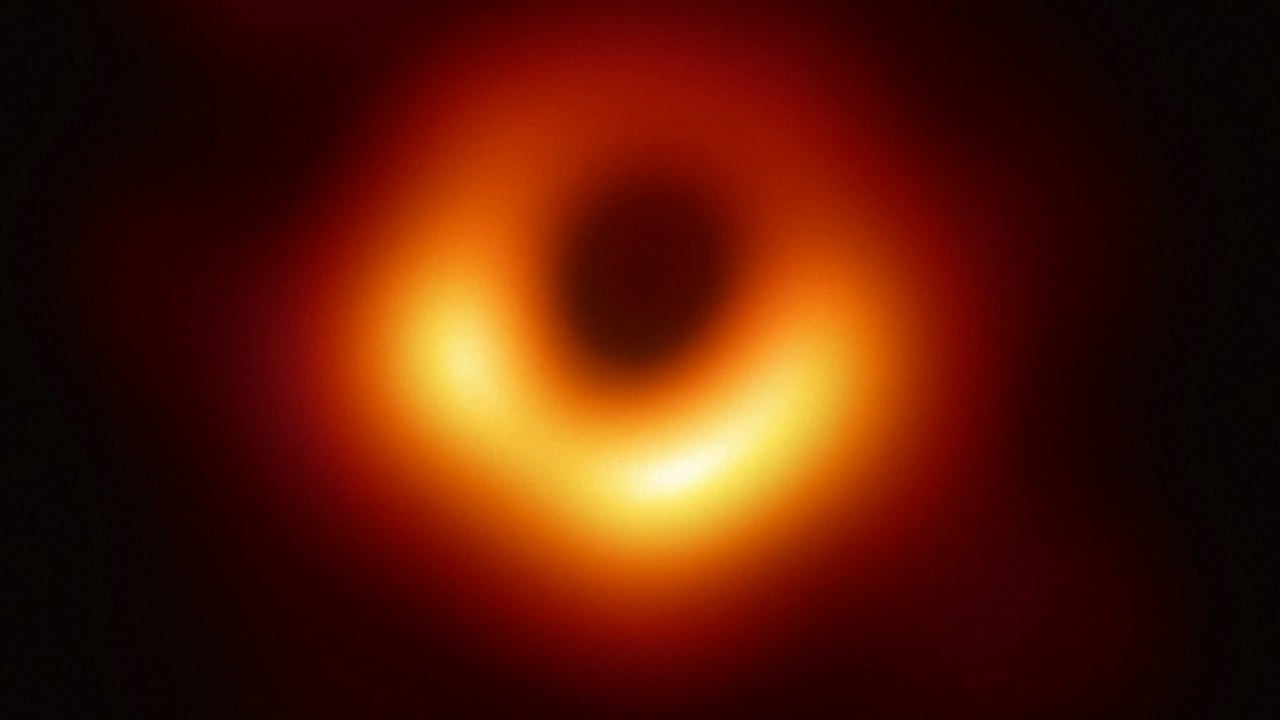Chinese-led team delves into black hole mystery at heart of galaxies
- Study reported in Nature journal may explain why some galaxies continue to grow for a long time while others go passive and dormant

By examining 69 nearby galaxies, researchers from China and France found that the black hole at the centre of a galaxy could warm up surrounding cold gas and prevent it from condensing and forming new stars.
“Cold gas is the essential raw material for star formation. Our research shows that the larger the black hole, the less cold gas there is in the galaxy,” said lead researcher Wang Tao from Nanjing University.
The study may explain why some galaxies continued to grow for a long time while others went passive and dormant, the researchers reported in this week’s Nature magazine.
David Elbaz, a co-author from the Université Paris-Saclay, compared this phenomenon to placing an upside-down glass over a candle.
“After a few seconds, the candle goes out for a lack of air. Likewise, the black hole prevents the galaxy from continuing to light up new stars,” Elbaz said.
Galaxies are the fundamental building blocks of the universe. Each galaxy typically contains millions to trillions of stars, along with interstellar gas, dust and a supermassive black hole dwelling at its centre.
Scientists have long known that the mass of the supermassive black hole is closely related to the mass of the stars in a given galaxy, Elbaz told the South China Morning Post.

